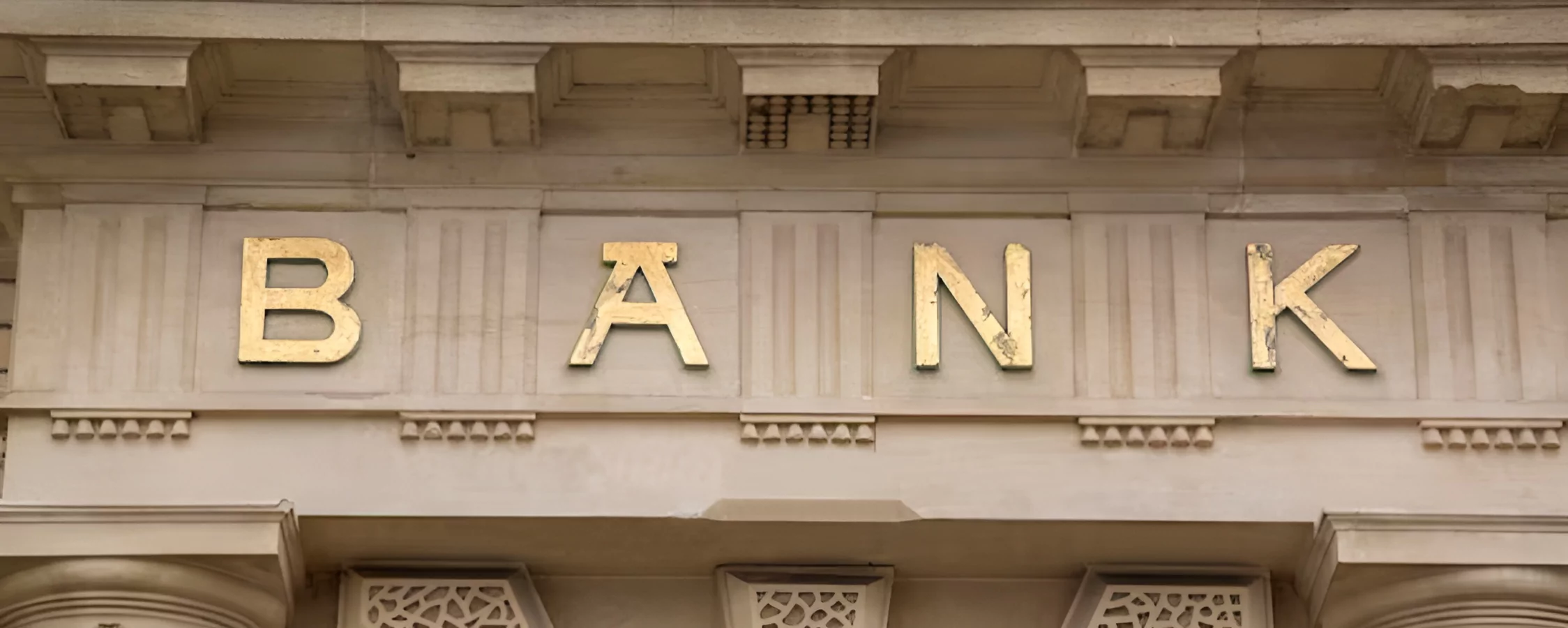The Crypto market is volatile and can be very risky. This means you have to be careful when investing. In any investment, you have to study the risks that you may encounter while trading. However, some crypto investors think that market regulation could lower the volatility in the market. This debate has different approaches that divided investors’ opinions between with, against, and not knowing what might happen. This article will take a look at each side of this topic to see how regulation might impact the market.
What’s the Need for Regulation?
Although crypto assets have been around for more than ten years, efforts to regulate them have only recently risen to the top of the policy agenda. This is partially because cryptocurrency assets have only recently transitioned from being specific products looking for a use to becoming more widely used as speculative investments, hedges against weak currencies, and potential payment instruments.
Increased efforts to regulate cryptocurrencies have been made as a result of their outstanding, if volatile, growth in market capitalization and their expansion into the regulated financial system. The expansion of cryptocurrency’s wide range of products and services as well as the advancing innovations that have facilitated authorization and transactions have both done the same. The push for regulation has been fueled by the collapse of cryptocurrency issuers, exchanges, and hedge funds as well as a recent decline in the value of cryptocurrencies.
Regulation is necessary to safeguard consumers’ financial resources and create a safer market as a whole. This not only boosts market participants’ confidence but also makes the sector more appealing. Which encourages more people to use cryptocurrency services. Nations would become more cryptocurrency-friendly and offer a welcoming environment for flourishing innovative companies with the introduction of clear regulatory guidance.
The host jurisdictions’ economies grow as a result of this. Controllers of companies that deal in digital assets recognize the value of setting up shops in these highly regulated nations because it enables them to conduct business under the guidance of clear laws that also serve to protect consumers.
The Possible Benefits of Crypto Regulation
Decreasing Frauds
The crypto market has been a valuable place for many investors making them very wealthy. Unfortunately, scam coins and ICOs are also costing people millions of dollars. The crypto market isn’t regulated, therefore scammers have flooded it by releasing a variety of fake coins. The market has flooded with these currencies, and after investors commit funding, the project owners vanish, taking the funds with them. Investors are left with useless tokens once exchanges delist them, that’s if they even get a chance to exchange.
Global cryptocurrency regulation might be very beneficial to the market on this front. Regulations would make sure that any new coin that enters the market complies with specific standards. In this way, those who invest in cryptocurrencies feel more secure about their bets.
Bringing Institutional Funds to the Markets
Many high-status individuals with vast wealth would not just invest it in cryptocurrencies. That’s because this market is uncontrolled, where all of your capital might disappear overnight without any redress and you could even spend some time in prison for poor handling of investor funds.
However, institutional investors would pour billions of dollars into cryptocurrencies if the market were regulated and had clear operating mechanisms in place. Increased liquidity would make the market more effective for traders.
Granting the Market Moral Justification
Many members of the current crypto community have long believed that Bitcoin is the currency of criminals. It was believed to be used as payment for the purchase of illegal goods like narcotics, sex, and other items on the dark web. This perception only began to change after the price of Bitcoin skyrocketed in 2017. Sadly, this way of thinking is still prevalent. Because of this, nations continue to threaten to crack down severely on cryptocurrencies.
For instance, cryptocurrency regulation in India has just recently peaked. In the opinion that they pose a threat to the financial system, China also appears to be waging an aggressive campaign against them. With crypto regulation, this undesirable label can be readily removed. No nation would feel the need to outlaw them if there were a global regulatory structure governing this industry. They might even be promoted as an alternative investment.
Drawbacks that Crypto Regulation Can Cause
Impacting the growth of the crypto market
Cryptocurrency is well-liked because individuals want to take control of their lives and move away from centralized government institutions. Government regulations would therefore be like introducing the same authority that cryptocurrency supporters don’t want in charge of their income. The result would be a shift toward traditional assets, which are more trustworthy. Putting capital into a risky asset with an uncertain ideological objective would be a waste.
This type of capital flight is real. Just observe how the market has operated since the Far Eastern nations first discussed regulation. The market crashed, and Bitcoin fell by more than 50%. Imagine the consequences if restrictions were to become universal.
Missing the opportunity for valuable ideas
Thanks to cryptocurrencies and initial coin offerings (ICOs) ability to allow investors to fund projects far sooner than is allowed under the current securities rules and fundraising frameworks, they have experienced rapid growth in popularity. On the other hand, the ICO model enables early-stage companies to swiftly and readily obtain funds to aid in financing the development of their products. The ICO model gained popularity because it was straightforward. Without having to spend time and capital figuring out how to arrange an offering and which restrictions they had to obey, businesses with excellent ideas or goods could simply receive funds.
How is the Process of Crypto Regulation Going

Cryptocurrency marketplaces are difficult to govern because they are still in the very early stages of development. Divergent viewpoints on the appropriate form for regulation and even whether it should be permitted to continue at all from both inside and outside the business only contribute to this difficulty. The regulation of cryptocurrencies must be given top priority, nevertheless, if widespread use is to become the norm. The extensive use of digital assets is anticipated to bring much-needed stability to an essentially unstable sector.
Politicians and regulators have praised the implementation of regulation in the area of digital currencies. Gibraltar established thoughtful regulations in 2018 that aim to serve all market participants. The Markets in Crypto-Assets (MiCA) Regulation proposal, which intends to promote technological innovation inside the European Union.
Also offering consumer protection against unauthorized financial loss, has been given full legislative approval by the European Union this year. Additionally, U.S. President Joe Biden issued an executive order in 2022 to investigate the advantages and disadvantages of cryptocurrency.
The “Comprehensive Framework for Crypto Regulation and Development” that was just unveiled promises to change the way that crypto assets are regulated and developed in the United States. The E.U. and the U.S. are demonstrating leadership by proposing clear rules like these, which will likely inspire other jurisdictions that want to govern blockchain technologies.












